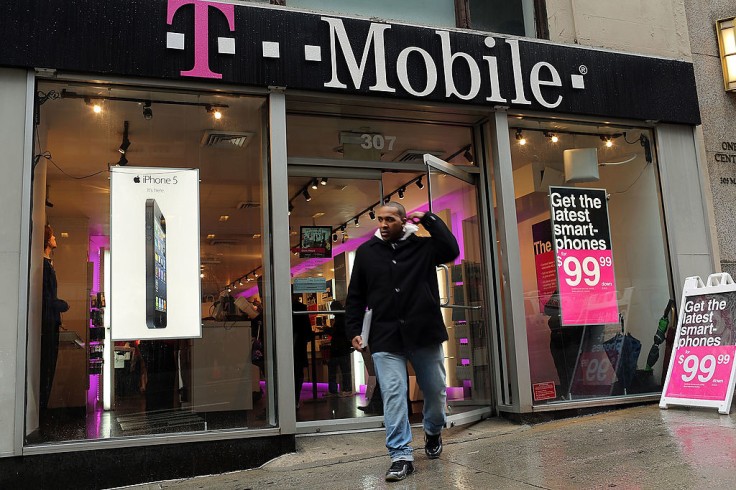T-Mobile can now boast that it's America's best 5G network.
In the recent PCMag's annual Best Mobile Network test, T-Mobile emerged as America's best network beating Verizon and AT&T.
To determine the best network, PCMag drove 10,000 miles across the country with new software for a better measure of reliability. They drove to 30 cities and six rural regions to test each mobile carrier's performance using Samsung Galaxy S22+ smartphones.
T-Mobile was hailed the winner in 18 out of 30 cities against Verizon's nine and AT&T's two.

T-Mobile Rules in Speed and Latency
In terms of speed, both in upload and download, T-Mobile lived to its slogan of being "America's fastest 5G network." Out of 30, the carrier is fastest in 19 cities compared to Verizon with nine and AT&T with two.
T-Mobile's average download speed is 264.4 Mbps, against Verizon's 156.8 Mbps and AT&T's 79.0 Mbps. While in terms of upload speed, T-Mobile got an average of 32.9 Mbps, while Verizon obtained 23.4 Mbps. AT&T got 21.4 Mbps.
The average latency for T-Mobile is only 39, while Verizon and AT&T got 40 and 47, respectively. All carriers obtained 1% for dropped calls.
According to PCMag, T-Mobile is performing better in rural areas. However, the carrier has more rural dead zones in the Northeast than Verizon and AT&T do.
T-Mobile left Verizon and AT&T behind due to mid-band 5G. This is something that the "carrier built from Sprint's airwaves after acquiring the company for $26 billion in 2020," according to Digital Trends.
This is how T-Mobile gained coverage in rural dead zones in the Northeast. This is despite falling short in the rural areas of the Northwest, Washington State, and Georgia.
Meanwhile, Verizon and AT&T are making their move to close the gap between themselves and T-Mobile. This is through the mid-band 5G that they acquired at an auction in February 2021.
Verizon immediately started running its 5G network. On the other hand, AT&T has been "waiting for the equipment required to build it."
By next year, AT&T hopes to have a 5G network up and working.
Why is it Necessary to Rate Mobile Networks?
More than ever, it can be considered that today mobile internet is the internet.
According to Ericsson, as cited by the PCMag "between 2018 and 2022, mobile data traffic in North America quadrupled from 22 exabytes to 86 exabytes."
The revolution in the mobile video pushes the growth. In recent years, mobile video has risen from 60% to 70% of mobile data traffic. That usage is almost 20 gigs, per person, per month.
On the other hand, there's a lot of noise around 5G. Carriers combine different types of 5G with different performance characteristics. "They claim very broad coverage for forms of 5G that act just like 4G," according to PCMag.
Therefore, someone should do something to make sense of all these data about 5G.
PCMag started the Fastest Mobile Networks project with the aim of being as transparent as possible. They "want you to have as much power as possible when making a buying decision on a wireless carrier."









